Subtle heart attack warning signs include pressure, cold sweats and fatigue
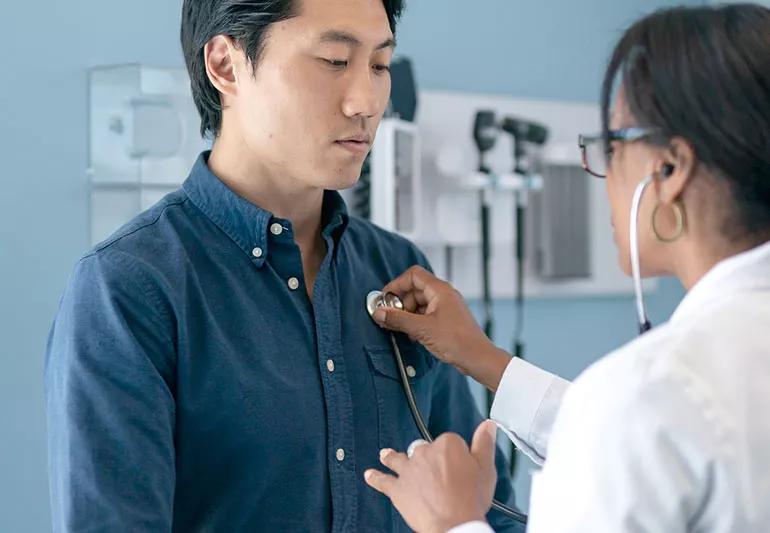
Every 40 seconds, somebody in the United States has a heart attack. That’s about 800,000 heart attacks each year. And they don’t all follow that same sudden, chest-clutching, drop-to-the-floor formula you see on TV.
Advertisement
Cleveland Clinic is a non-profit academic medical center. Advertising on our site helps support our mission. We do not endorse non-Cleveland Clinic products or services. Policy
The classic heart attack symptom is crushing chest pain or heaviness in your chest. (The ol’ “elephant on my chest” metaphor.) But that’s not always the case.
Some people might experience warning signs in the day or hours leading up to the more dramatic heart attack symptoms, says cardiologist Jacqueline Tamis-Holland, MD. And those early signs of a heart attack may be much less obvious than you expect.
Recognizing early heart attack symptoms could save your life or the life of someone around you. Dr. Tamis-Holland shares important advice so you can recognize who’s at risk for a heart attack, learn the early warning signals and know when to seek treatment.
Video content: This video is available to watch online.
View video online (https://www.youtube.com/embed/s78vlbxQoFk?si=nnfpTPJj8X9PFI87)
YouTube video player
Most heart attacks (myocardial infarctions) are the result of a blockage in one of the blood vessels in your heart. A blockage means that blood can’t get to your heart. Without blood, your heart muscle begins to die. And that disrupts the flow of blood all over your body. Heart attacks can be deadly if they’re not treated quickly.
Some heart attacks are sudden and unmistakable. They’re what you typically imagine when you think of someone having a heart attack. A person may clutch their chest in pain, have diffuse sweats, vomit and may even collapse — all without any prior warning.
Advertisement
But in some people, heart attacks come on more gradually, Dr. Tamis-Holland states, and the signs may not be obvious.
Some of the common early warning signs of a heart attack may not seem like an emergency and can be easy to shrug off. They include symptoms like:
The American Heart Association says chest pain is the most common symptom of a heart attack, no matter your sex assigned at birth or your gender identity. But women and people assigned female at birth (AFAB) are more likely to experience some of the less-obvious symptoms.
When you couple that with the common misconception that women are less likely to have heart attacks, it’s a recipe for danger.
“If you’re having some of these subtle symptoms of a heart attack, and you don’t think you’re at risk for a heart attack, it makes it easier to ignore those warning signs and brush them off as something else,” Dr. Tamis-Holland warns. “That means a delay in seeking care and a higher potential of serious injury.”
In truth, heart disease is the leading cause of death in U.S. women. And women are more likely to die from heart attacks than men and people assigned male at birth (AMAB). So, any sign of a heart attack should be taken very seriously.
Anyone, no matter their age, sex or health status, can have a heart attack. In fact, heart attacks are on the rise among young people under the age of 40.
But there are some conditions and lifestyle choices that raise your risk for a heart attack. You might be at higher risk if you have:
If you fall into any of those categories, be extra cautious if you experience vague symptoms that might be related to your heart.
“Quick treatment is critical to restoring blood flow and surviving a heart attack,” Dr. Tamis-Holland says. “It’s important to listen to your body and seek care as soon as possible.”
People who experience early heart attack signs are often hesitant to head to the hospital. After all, nausea or neck pain can have other, not-so-serious causes. And a feeling that “something just isn’t right”? That’s frustratingly vague and hard to explain to a healthcare provider.
But if there’s even a chance you’re having a heart attack, Dr. Tamis-Holland says you should never hesitate to seek emergency care. It’s better to act quickly and early for the best possible outcome.
Advertisement
A heart attack damages your heart muscle. Fast. Without urgent treatment, heart tissue begins to die.
“Time is muscle,” Dr. Tamis-Holland stresses. “The sooner your provider starts treatment, the better your outcome.”
In most cases, if you believe you’re having a heart attack, it’s best to call 911 for emergency care (in the U.S.). That’s because emergency responders can provide care on the way to the hospital. Every minute counts when you’re having a heart attack, and emergency crews can ensure your care begins quickly, which is vital to restoring your blood flow.
What’s more, even if your heart attack symptoms begin mildly, they can quickly become more severe. Some people can faint or lose consciousness during a heart attack. You certainly don’t want to be behind the wheel while you’re at risk of passing out. And even if a loved one is driving you, it could be dangerous (and scary) for you both if your symptoms progress as you head to the hospital.
Even if you’re young and healthy, it’s important to know the signs of a heart attack — and act fast if you experience them.
“When in doubt, err on the safe side and call 911,” Dr. Tamis-Holland advises.
Advertisement
Learn more about our editorial process.
Advertisement
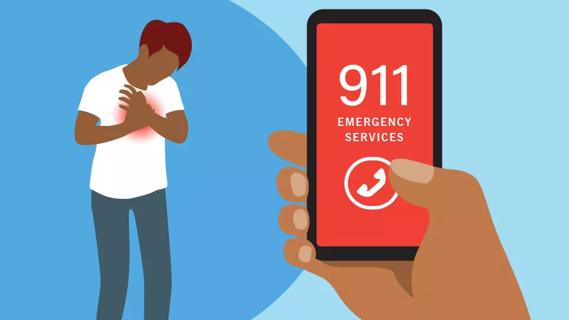
There’s no way to stop it once a heart attack is happening, but the most important thing you can do is to call for help
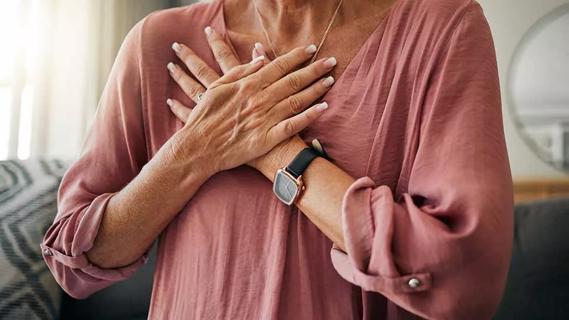
To help determine what you’re experiencing, focus on how the pain feels, the location of the pain, when it started and how long it lasts
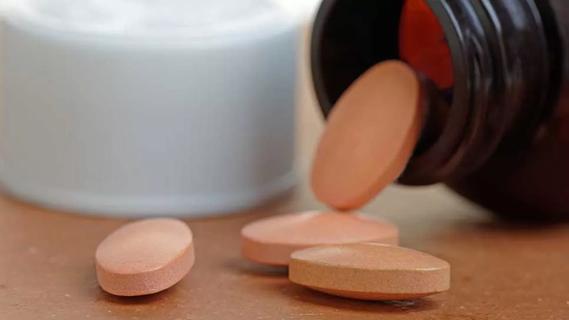
Stopping this critical medication on your own increases the risk of heart attack, stroke and more
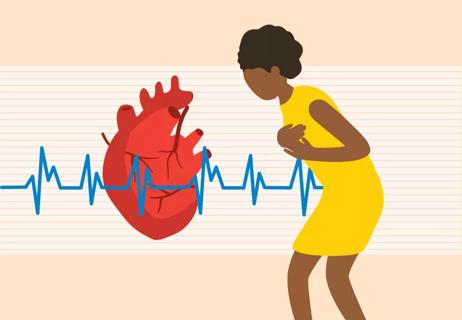
Symptoms may be mild, but don’t be fooled — any heart attack is serious
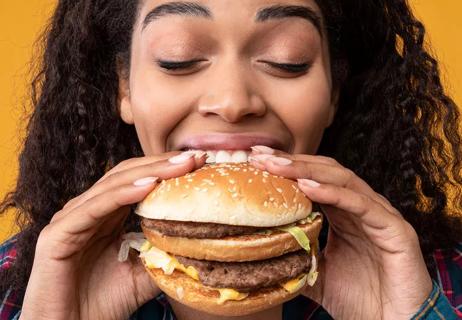
Sedentary lifestyles are driving up heart attack numbers in the under-40 crowd

Lifestyle choices involving food, exercise, sleep and more can help reduce your risk
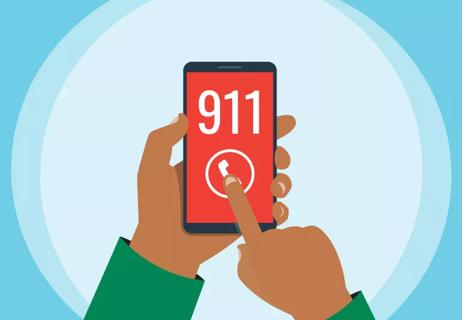
Get the answer from an interventional cardiologist
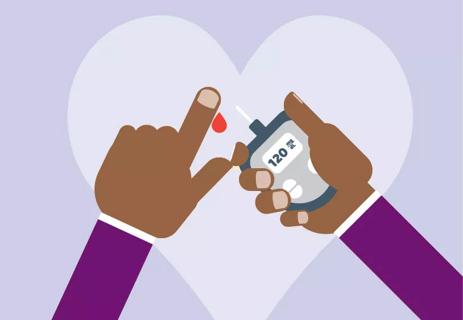
When symptoms are muted, listen closely to your body

Type 2 diabetes isn’t inevitable with these dietary changes

Applying a hot or cold compress can help with pain